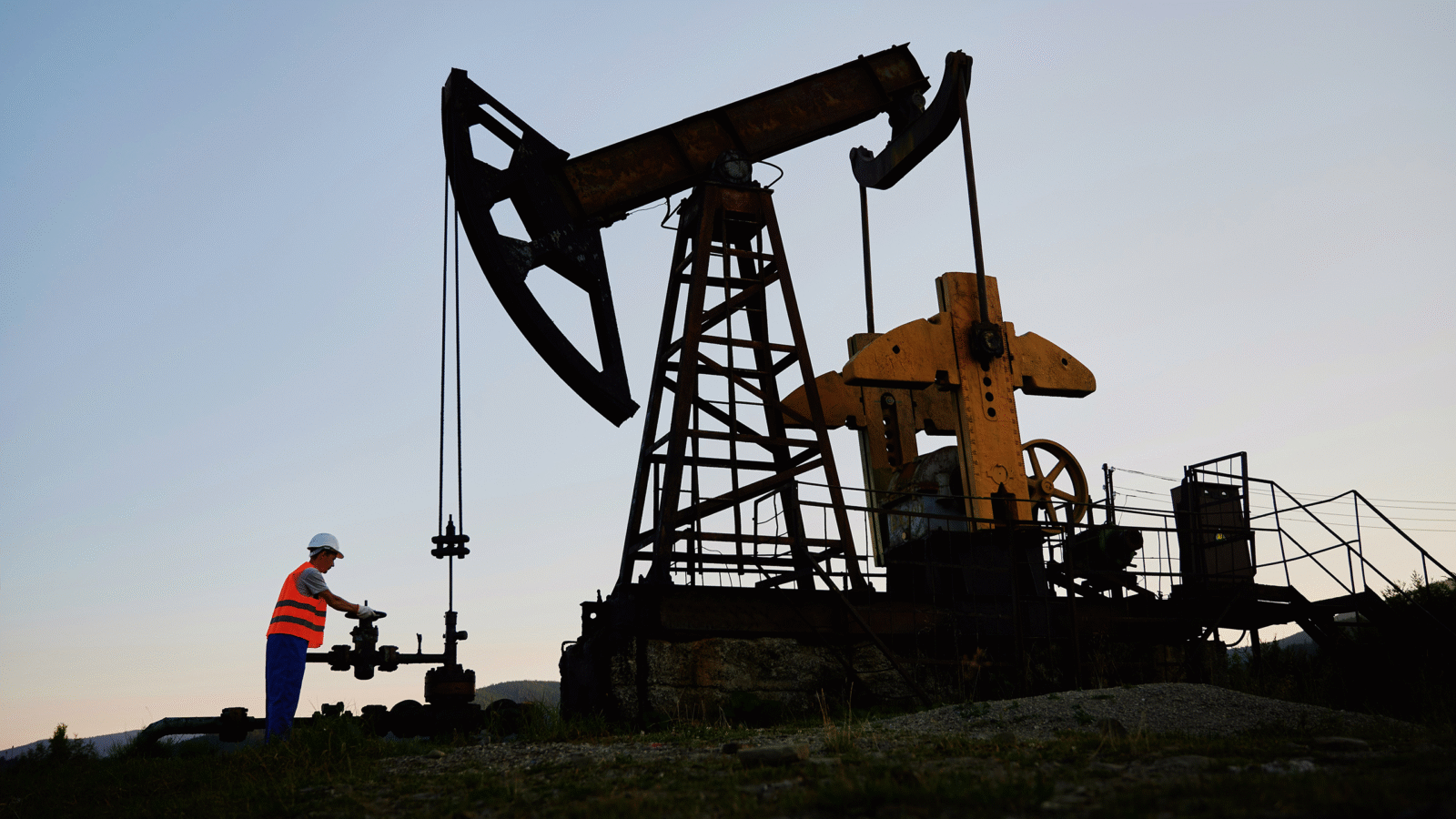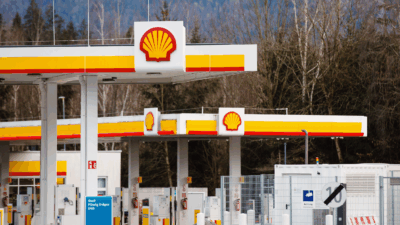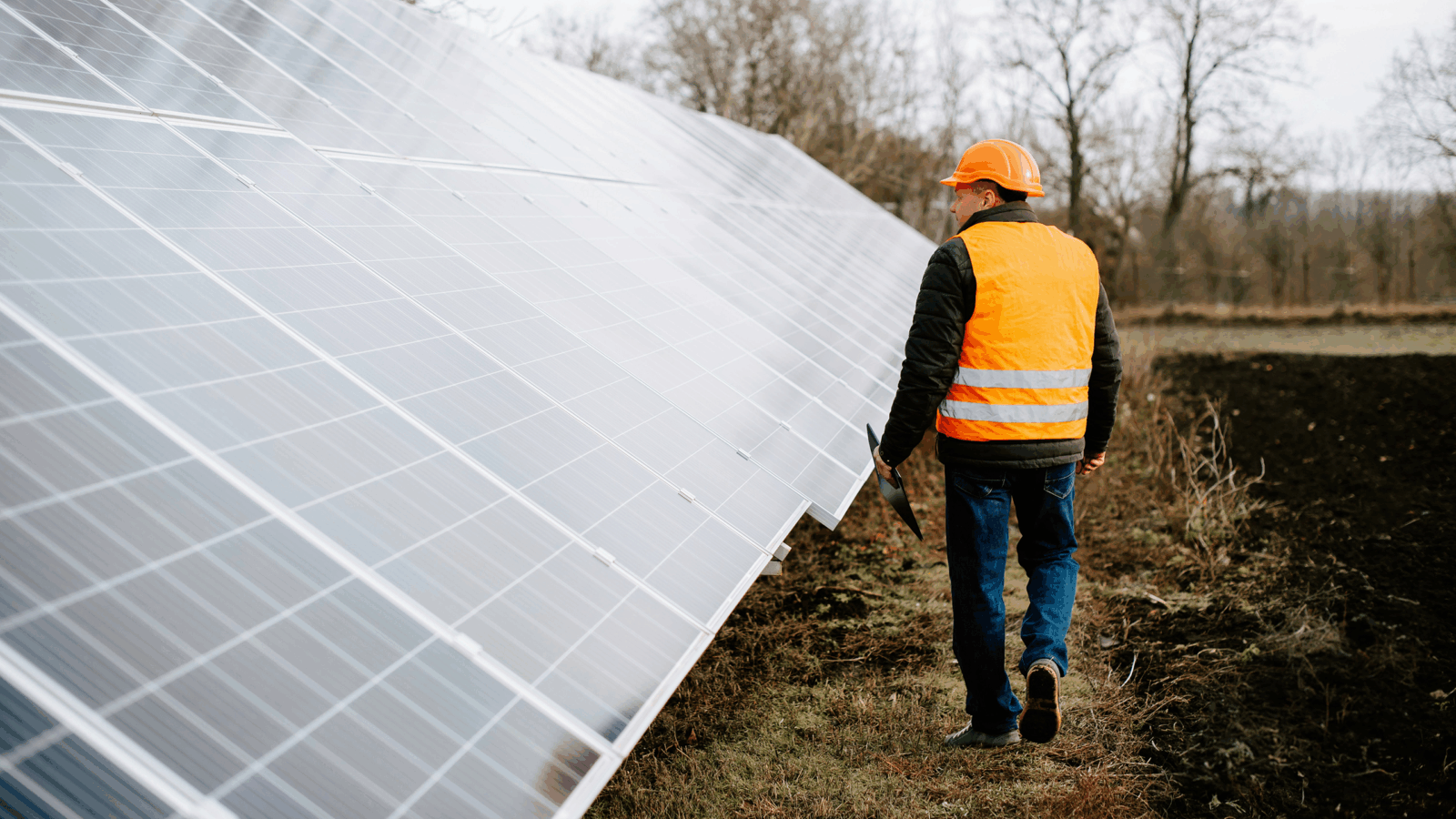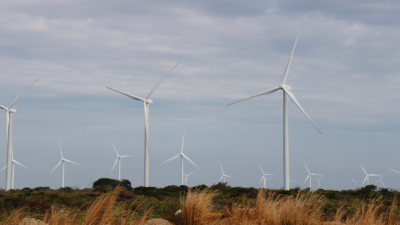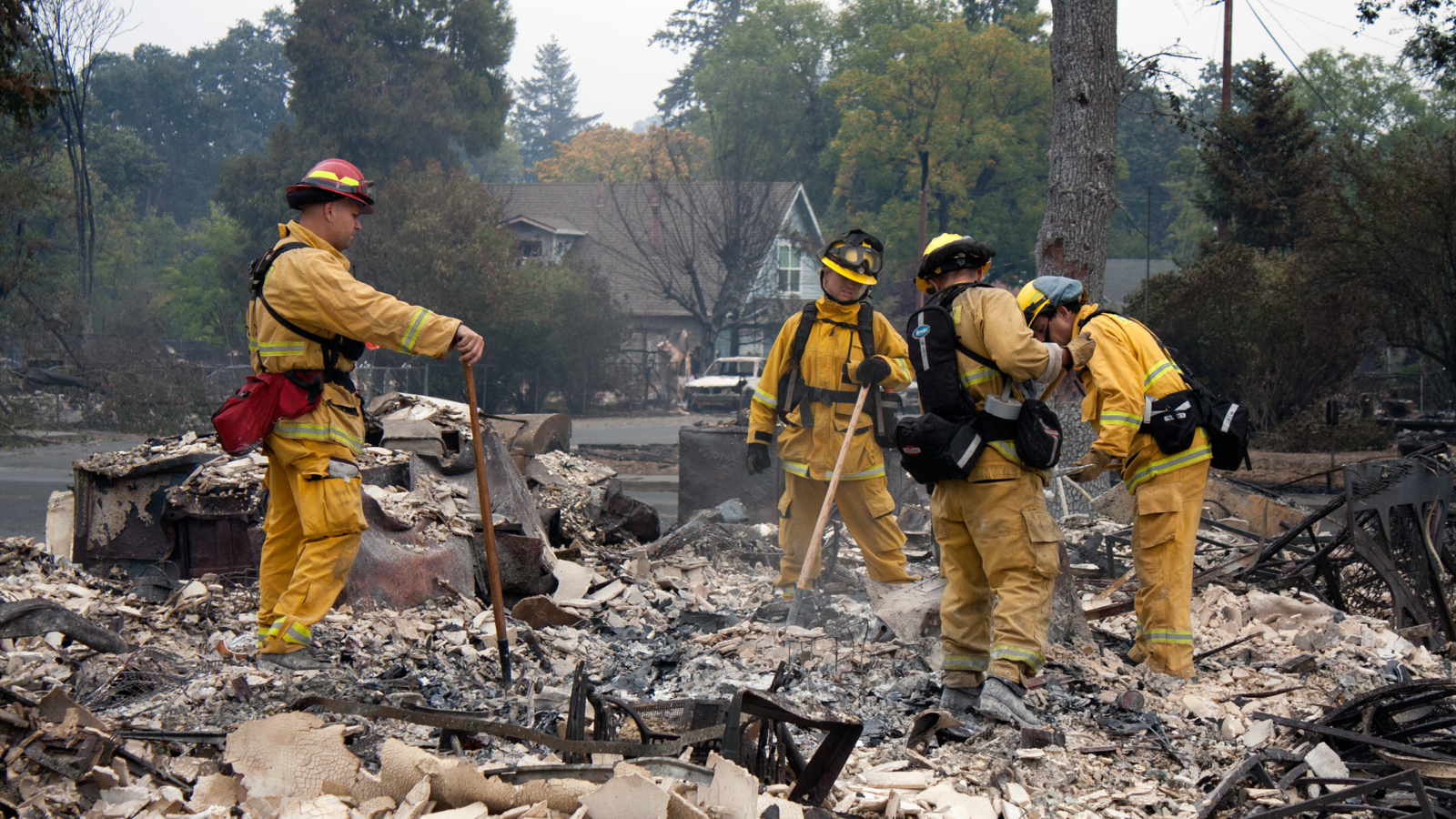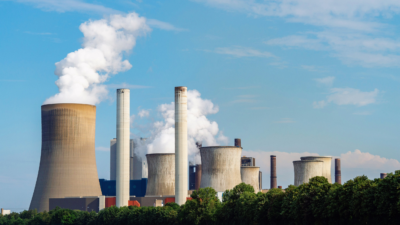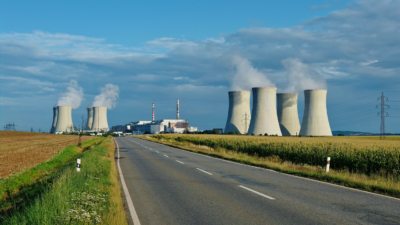Balmy US Winter Sends Natural Gas Prices Plummeting
Supply is outstripping demand as a warm season has meant less need for heat.
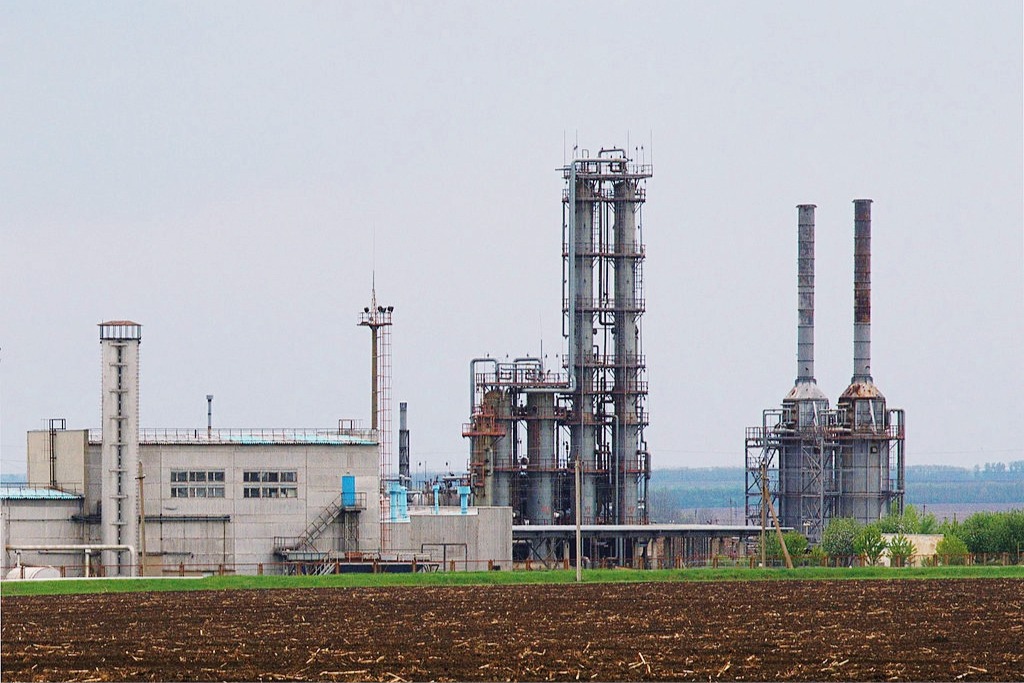
Sign up for smart news, insights, and analysis on the biggest financial stories of the day.
At this rate, why even bother wintering in Florida?
After the warmest winter since at least the 1950s, natural gas prices in the US have experienced a freefall to their lowest levels in about three decades, according to an analysis over the weekend by the Financial Times. A surge in production hasn’t helped the supply-demand equation, either.
Is this Gaslighting?
Global temperatures are up across the board. According to not-so-comforting data this month from the Brussels-based Copernicus Climate Change Service (C3S), the 12 months between February 2023 and January 2024 marked the first-ever such period in which the average global temperature hit 1.5 degrees Celsius above pre-industrial levels — the critical threshold outlined in the 2015 Paris Climate Accords for averting the worst effects of climate change.
In the US, the December-to-February period is on track to be the warmest on record, likely 3% higher than the previous record set in 2015-16, according to the Commodity Weather Group. Among the many costs of climate change are energy companies’ once-reliable winter revenue:
- Benchmark Henry Hub natural gas contracts for March went for $1.61 per mn British thermal units at the end of Friday, a more than 50% drop from mid-January levels.
- That’s good for the lowest closing price on month-ahead contracts since 1995, per the FT’s analysis — save for that brief, magical moment of virtually free energy prices at the outset of the Covid-19 pandemic.
Pedal to the Metal: Supply is firmly outstripping demand as US gas production hit a record 105 billion cubic feet a day in December. After slightly dipping in January, production has hit the same high so far through February, and inventories are now 11% higher than a year ago and 16% higher than the five-year average, according to the US Energy Information Administration. The fossil fuel industry that helped send temperatures soaring, in other words, is sleeping in the bed it made.
